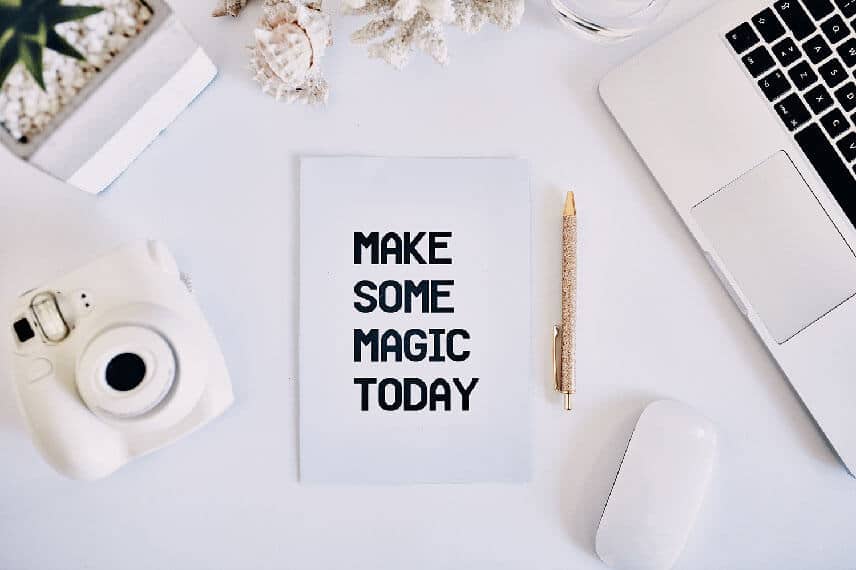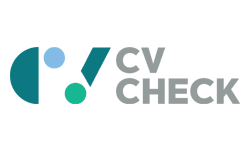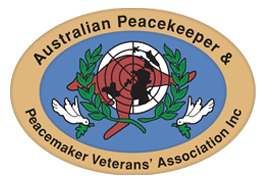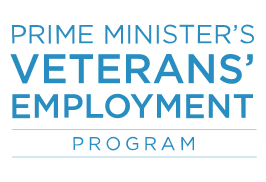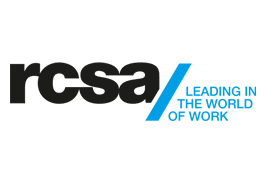There is always room to ask questions toward the end of your interview. Here are some things that are good to, and not to ask. Try to have some questions prepared for your interview, it shows your interest in the role, a bit more about your general character, and suitability for the position.
Don’t ask:
- What does your company do? – you should already be well researched on this prior to interview, and if possible what your interviewer does.
- What will my salary be? – this generally negotiated with your recruitment consultant or once offered the position.
- Will I have to work long hours? – this implies you are a lazy worker.
- How soon can I take a holiday? – again, you are being interviewed for a job, not to be away on holiday.
- How quickly could I be considered for a promotion / raise? – you are being considered for a specific role, and not to move on as quickly as possible.
- What happens if I don’t get along with my boss or co-workers? – this implies you may have had conflict issues in the past, and could then be problematic going forward.
- Can I arrive early or leave late as long as I get my work done? Can I work from home? – some offices have very flexible hours, however they are generally allowed after a trusting relationship has been built.
- Do you check social-media accounts? Do you monitor emails or internet usage? – this implies you will be spending a lot of time on personal matters and not focus on getting your work done.
- What are grounds for termination? – don’t talk about termination before you have even been hired, it can raise some concern that perhaps you have had an issue with this in the past.
- Would that really be part of my job? – again, this can reflect that you aren’t a team player and willing to go the extra step to get the job done.
- How did I do? Did I get the Job? – it is unprofessional and puts the interviewer in an uncomfortable situation because they will more than likely still be interviewing other candidates.
Some of those questions would have been obvious not to ask, but try to think about how these questions make you come across to the interviewer.
Here are some examples of good questions to have prepared:
- What does your ideal candidate look like, and how do I compare? – this can show you are analytical about matching the job description to yourself.
- Is there anything else I can provide to help you make a decision? Do you have any hesitations with anything on my CV or do you need me to clarify / elaborate on anything? –the interviewer might have forgotten to ask if you have a security clearance, or perhaps know more about your qualifications and saves time trying to chase them up later.
- Who would I report to / what is the team structure? – this is good to show your interest in how your position works within the wider company.
- What is the reason for the vacancy and how has the position evolved? Or is it a newly created role and why was it created? – I think this is important if it hasn’t already been addressed because if someone left, I would be curious as to why, and if maybe this job isn’t as great as advertised. Alternatively, they could be growing and shows the business is a great place to work and there is a lot of potential for career progression.
- What does a typical day look like and what have past employees done to succeed in this role? – this shows you want to have a realistic scope of the role, and your interest to know how to excel in the position.
- Is there anyone else you would like me to meet with, team members or other management? – this is a good question to ask if you feel the interview has gone exceptionally well, and think you would really benefit from meeting your potential team mates.
- How do you consider this company compares in the job market against its competitors? – this questions shows you have an interest in the longevity of the company and how they are doing. It more importantly shows you have a bigger interest that just your own job security.
- How would you describe the company culture? What do you like most about working for this company? – this question shows your interest in being a good fit with the organisation.
- What is the average tenure? – a question to indicate how other people feel about the company and if people stay for a long time, alternatively if they aren’t able to retain staff for long periods would indicate if they are painting a different picture about the company culture etc.
- What charities or programs do you support? – if charities and company benefits are important to you, then by all means ask away.
- Is there anything we haven’t covered that you think is important to know about working here? – a good general closing question.
Don’t ramble off all of these questions but have one or two prepared. Remember to always thank them for their time. They have scheduled time out of their day to meet with you, and it is important to recognize that. A little gratitude goes a long way.

